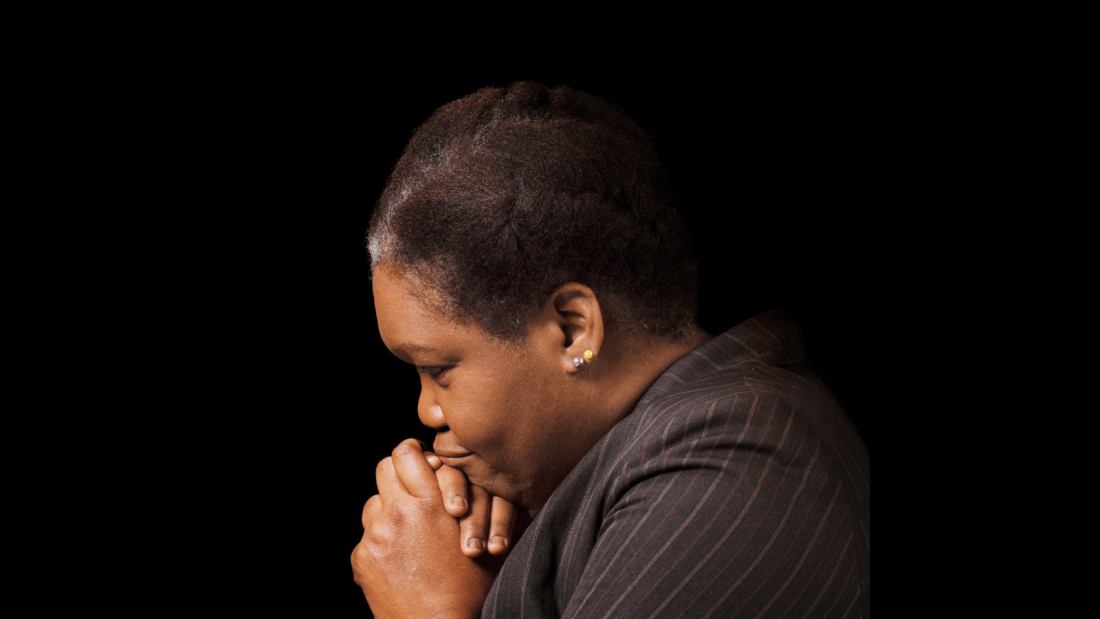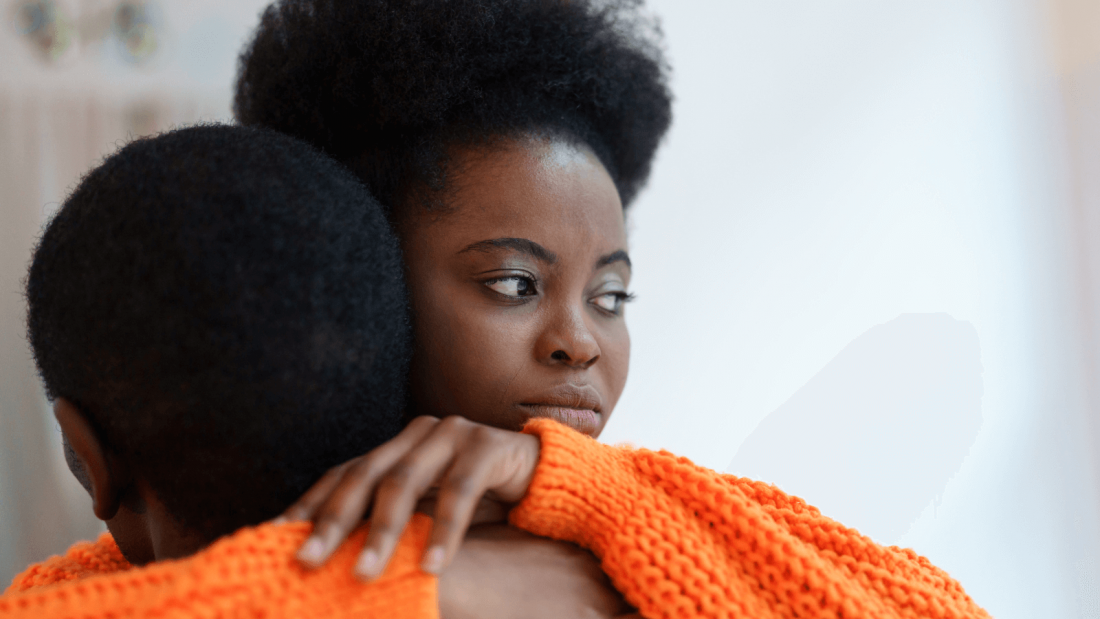Why don’t we talk about death more in the Black community? The African Caribbean Leukaemia Trust hosted a live event to lift the lid on the taboo topic and shared the benefits.
Death is a taboo topic generally in society, but even more in the Black community. Reasons for this can often be attributed to religious beliefs or cultural superstitions. However, avoiding addressing the subject often lead to turmoil, uncertainty and even arguments between family members when a loved one dies. So, without further ado, let’s talk about death.
The African Caribbean Leukemia Trust (ACLT) is a blood cancer and disorder charity that raises awareness of the severe shortage of donors in UK Stem Cell, Blood and Organ donor registers. On Wednesday, September 28, ACLT held a virtual event titled Black People, Let’s Talk About Death addressing important subjects surrounding death that often fail to be discussed in Black families, including wills, inheritance tax and more.
The virtual event saw expert speakers from a number of industries join the session, including a Wealth & Investments Director, a Solicitor in Wills and Lasting Power of Attorney, a Grief Therapist and mor
Read on for highlights of key things to know about losing a loved one.

Let’s Talk About Death: Wills and Lasting Power Attorney
Constantia Pennie is a solicitor who spoke on the panel at the event. Constantia discussed the importance of talking about wills and Lasting Power Attorney whilst you are alive and well. The solicitor recommended reaching out to a will-writing company and solicitor to help with drafting a will.
Explaining the importance of having a will, Pennie said that as well as helping clear up any confusion amongst family members about your wishes once you die, it can also go towards helping a cause you would like to support.
In the talk, Constantia also spoke of the stress that comes with death alone for grievers. So having systems in place to deal with the aftermath, so to speak, of death, can help alleviate stress in finances and the deceased’s wishes.
Grief Therapy
The notion of “staying strong” is all too familiar in the Black community. And whilst there is some progress toward destigmatising therapy in the Black community, there is still a way to go.
Why this group is making racial therapy accessible to the Black community
In the event, Grief Therapist, Janine Robertin, spoke about the reality of grieving and that there is no right or wrong way to grieve. She also explained that parents may find it difficult to speak about death because they want to protect their children. Naturally, talking about death may seem to be harming children. However, the therapist shared that research shows that children cope better when they are informed about a potential death compared to if they were not.
“… children cope better when they are informed about a potential death compared to if they were not.”
Sharing tips about what to do if in that position, Janine said you should be factual, and clear. Don’t over-complicate it. Keep messaging simple as children don’t need to know how a death happened. But saying something like “I’m really sorry, auntie died last night” is better to use than saying “she has gone to sleep”, for example.

Donating organs after death
Candice Hinds, Special Nurse Organ Donation with NHS Blood & Transplant, also spoke at the ACLT event. In the talk, Candice detailed shocking statistics. This included the fact that family consent rates for organ donation are only 36% for Black and Asian and the figure jumps to 75% for white eligible donors. On top of this, only 11.5% of all eligible deceased donors are from Black and Asian communities.
“… when we die our families don’t know what we want.”
Candice said: “Our community is dying waiting for an organ because we don’t want to talk about death. There are taboos; that if we talk about death we might die tomorrow. We don’t want to talk about our wishes and our decisions with our families while we are alive. This means that when we die our families don’t know what we want. We often hear comments like ‘I didn’t know what my [deceased] loved one wanted.’ And so that’s why there are so few organs donated. Please talk to your family about your decisions and what you want.”
The aim of the event was about encouraging Black people to talk about death before it is too late. It’s not too late to have that conversation with your loved ones.
The full video of the event is available to watch on YouTube. Watch it here.
Maxine Harrison












